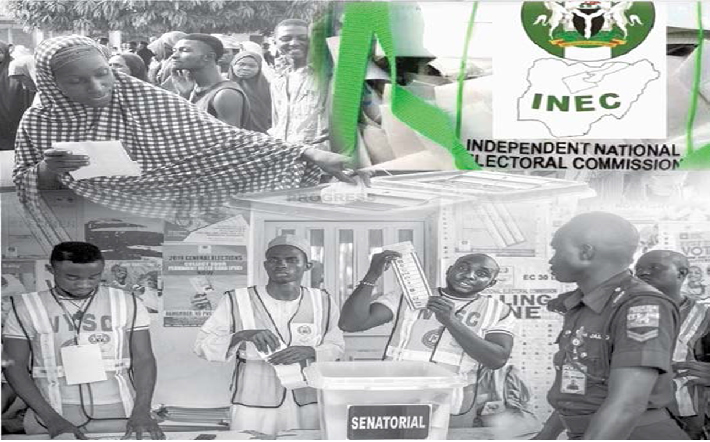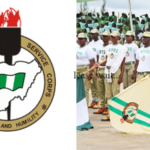
It added that favouritism, nepotism and mediocracy would be eliminated across the 36 states and the Federal Capital Territory if INEC was willing to regain the confidence of Nigerians and conduct a credible election.
The group stated that in the next 23 days, INEC must as a matter of urgency, collaborate with the Institute of Chartered Accountants of Nigeria districts across the states and the FCT to train its ad-hoc staff on completing the results sheets at the polling units and ward collation centres to reduce bureaucracy.
The collaborations, it added, could be made between the districts and the Resident Electoral Commissioners in the various states.
It noted that the collaboration would enable ICAN to mobilise members across its districts who would simplify the result recording on form EC8A so that the ad-hoc staff, especially presiding officers, could have full understanding on how to compute accurately the eight basic elements in the form.
The elements are number of voters on the register, number of accredited voters, number of ballot papers issued to the polling unit, number of unused ballot papers, number of spoiled ballot papers, number of rejected ballots, number of total votes and total number of used ballot papers.
YIAGA added that the outcome of the election tribunal in Osun should serve as an ‘expo’ to INEC on what would be the outcome of the elections that will be conducted in the 176,846 polling units across the nation.
A pre-election report by the Administrative and Finance Officer, Daniel Mkpume, tagged ‘2023: Exploring Professional Training on Election Results Collation’, obtained by our correspondent in Abuja, noted that since the introduction of the INEC Result Viewing Portal, a total of 128, 994 accounts had been opened by IReV users. The report said these numbers would increase in 2023 as more Nigerians will be interested in the outcome of the elections at every polling unit.
Mkpume noted that while the training of the ad-hoc staff had been delayed due to the off-cycle elections and the legal implications that had risen from the previous election training manuals and guidelines, it was important for INEC to collaborate with the right professionals in other to save the nation from the future judicial disaster that seems to take power from the polls and allocate to who the judgement favours.
It partly read, “There is no doubt that election is basically a game of numbers determined by eligible citizens who turn out to vote on election day and thus any act either by omission or commission that leads to the slightest mistake in collation of election results could potentially jeopardise the process.
“As a matter of fact, even an honourable mistake by electoral officials especially in the imputing and collation of election results could have an impact on the overall outcome of the elections. In this vein, any effort to ensure effective training of electoral officers on a simplified and accurate collation process will go a long way in boosting citizens’ confidence and promoting accountability in the process.
“As stated by the chairman of INEC, Professor Yakubu Mahmood in his keynote address on the occasion of the release of the Election Result Analysis Dashboard report in Abuja ‘We also encourage other organisations to partner with INEC on this or other aspects of the electoral process and to assure you of our willingness to collaborate towards making our electoral process what we all aspire to make it, participatory, secure, transparent, credible and verifiable’.”
He said that the chairman must match his words with actions by ensuring this collaboration which would come at no cost to both parties if achieved. He also said INEC could also partner with relevant departments in various tertiary institutions where the membership capacity of ICAN is unable to provide the required manpower.
“Public trust is essential for any successful deployment of electoral technologies. The introduction of the IREV into the framework for election result management has transformed public perception of the accuracy and credibility of election results. INEC must try to achieve 100% or nothing in the quality of results that will be uploaded from the 176,846 polling units across the federation.”





